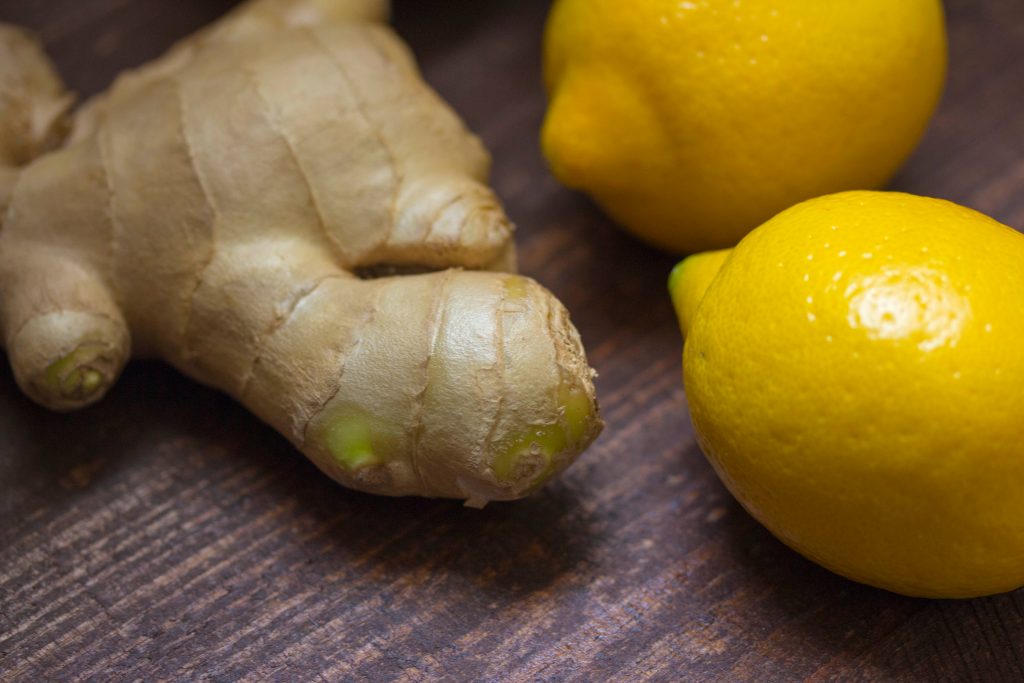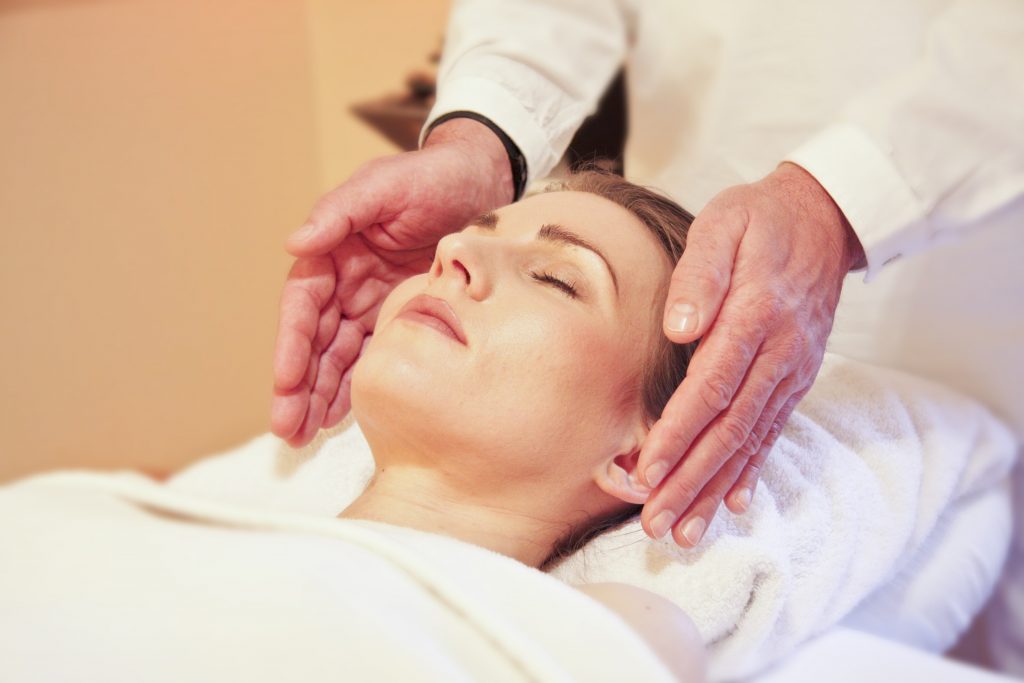Perhaps you are not a bona fide ‘crunchy mom’ but still want to know more about holistic health? Jump right in! We’ve got you covered with the basics.
Holistic health is an ancient approach to health that considers that the physical, emotional, and mental aspects of a person are interconnected. Therefore, they all play a role in one’s overall health. It refers to the whole of the individual and his interaction with the environment.
Holistic health considers that when one of these aspects is out of balance, the entire body is affected.
For the American Holistic Health Association (AHHA), the disease is the manifestation of “physical, emotional, spiritual, social, and environmental imbalance.”
Holistic health has two essential underlying precepts:
1. First, a symptom is considered a message that needs attention to achieve prevention.
2. Each person holds a degree of responsibility towards self-healing.
The best approach to Holistic Health is to view it as an ongoing process.

Holistic health and wellness are based on an eight pillar approach: physical, nutritional, emotional, social, spiritual, intellectual, financial, and environmental.
· Physical: Beyond the mere scope of exercise, this pillar also considers categories such as sleep, diet, and good hygiene.
· Nutrition: It must be personalized based on age, sex, activity level, and body chemistry to provide the maximum range of benefits. Eating a well-balanced mix of nutrient-dense foods is a crucial component.

· Emotional: Dealing with your feeling and emotions is, unfortunately, not a common practice. We tend to suppress them to the point of numbing them with very negative repercussions.
· Social: This category is all about having a great support system. Spending time with people we admire and who appreciate us has a tremendous positive impact. The emphasis here is on quality rather than quantity.

· Spiritual: This is a highly personalized category. Individuals who cultivate their spiritual side can find balance, perspective, and a real sense of purpose.
· Intellectual: Boosting your mind through ongoing learning, courses, engaging the brain, and keeping it sharp helps stave off dementia and other aging-related diseases.
· Financial: This category can quickly become a huge stressor in our lives, and money problems take a tool. Keeping our finances in order and appropriate retirement planning goes a long way.
· Environmental: This category refers to the immediate surroundings and the broader community at hand. Is your environment helping or hindering you? At the same time, what are you doing to improve your situation?

Who practices Holistic medicine?
When learning about Holistic Medicine, it’s important to note the differences between the types of practitioners available.
· Naturopathic physicians: also called naturopathic doctors (ND) or doctors of naturopathic medicine (NMD). They study complementary therapies such as herbal medicine and homeopathy and the same sciences as conventional doctors (MD). Their primary approach is through the healing power of nature.
· Functional medicine doctor: They treat the person who has the disease, not the condition the person has by restoring normal physiology and normal body function. This medical practice also focuses on determining the root cause of illness.
· Integrative medical doctor: this type of practitioner uses a combination of modern healthcare practices to diagnose and treat patients. The person’s lifestyle is taken into account. Treatments overlap between conventional and alternative healthcare and may include yoga, Reiki, or chiropractic. T
What is alternative medicine vs. complementary medicine?
Both refer to non-conventional medical practices. However, these treatments become complementary medicine when used along with allopathic medicine. When they are not used in conjunction with conventional medicine, they are considered alternative.
The National Center for Complementary and Integrative Health (NCCIH), groups non-mainstream medical practices into five categories:
· Alternative Medical Systems: traditional Chinese medicine, Ayurveda, Homeopathy are part of this category.
· Mind-Body Interventions: from yoga and meditation to prayer and hypnotherapy. The aim is to boost the mind’s ability to enhance physical health.
· Biologically Based Therapies: Aromatherapy, herbal medicine, and dietary supplements, vitamins and minerals, probiotics
· Manipulative and Body-Based Methods: Practices such as massage therapy and chiropractic
· Energy Therapies: These practices refer to the energy fields within and around a person’s body. Examples include Reiki and qi gong.

Holistic medicine is also a way of life. And when you approach your life from a holistic health viewpoint, the result tends to produce an experience of wellbeing and wellness. People want to feel highly full of life and enthusiastic and motivated by how good it feels in all areas of our lives.

And who wouldn’t want to have some extra stamina to keep up with their little ones? We can all use more energy in our lives, that’s for sure!
Yours in the journey,





